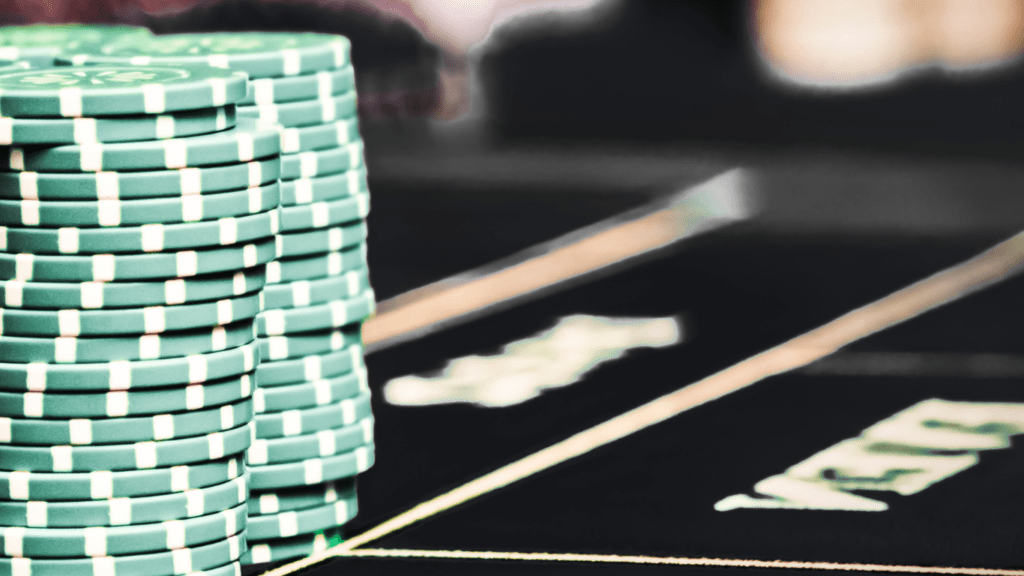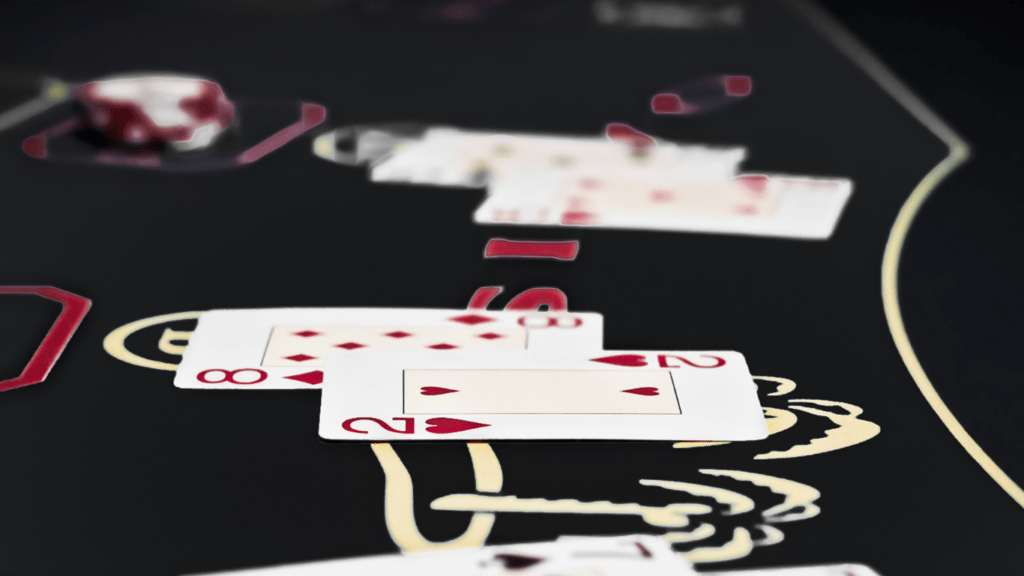Understanding Blackjack Payouts
In blackjack, knowing the standard payout structure is essential. Variations can affect the game’s profitability and strategy.
Standard Payouts
Typically, blackjack offers a 3:2 payout for a natural blackjack. This means if you bet $10, a blackjack earns you $15. However, some tables provide a 6:5 payout, giving only $12 on a $10 bet. Lesser payouts decrease potential returns, influencing decisions significantly. Even-money bets usually offer a 1:1 payout; if you bet $10, you win $10.
Different Variants and Their Payouts
Blackjack variants present different payout structures. In European Blackjack, the natural blackjack still pays 3:2. However, Spanish 21 offers bonus payouts for specific hand combinations like 7-7-7, which can yield more than the standard payout.
Another variant, Atlantic City Blackjack, might include specific rules, but the 3:2 payout for a blackjack generally remains. Always check the table rules, as variations impact strategies.
Payouts for Bonus Bets
Bonus bets introduce additional payout opportunities. In Perfect Pairs, matching pairs could payout up to 25:1. In 21+3, a suited three-of-a-kind can offer a 100:1 payout.
While enticing, the house edge on bonus bets is usually higher. For instance, a $10 bet on a successful Perfect Pair might return $250, but the probability is significantly lower compared to standard bets. Understanding these bets helps manage risk and expectations.
Odds in Blackjack
Understanding the odds is crucial to mastering blackjack. Learn about probabilities, house edge, and debunk common myths to gain an edge.
Probabilities of Winning
In blackjack, various probabilities determine potential winning outcomes. A player’s chance to draw a natural blackjack (an ace with a 10-point card) is approximately 4.83% per hand, based on standard deck configurations.
Basic strategy can shift odds slightly in the player’s favor, improving the likelihood of winning. For example, hitting on a 16 when the dealer shows a 7 increases your probability marginally compared to choosing to stand.
House Edge and Its Impact
The house edge in blackjack varies based on game rules and player strategy. Standard blackjack, with optimal player strategy, typically offers a house edge of around 0.5%.
However, this advantage can increase or decrease with rule changes. For instance, a game paying 6:5 for a blackjack increases the house edge by around 1.4%, making it less favorable compared to the 3:2 payout structure.
Common Myths About Blackjack Odds

Several myths persist about blackjack odds:
- Myth: Card counting guarantees consistent wins.
Reality: While card counting offers an advantage, casinos adapt by shuffling decks more frequently or using multiple decks, mitigating this edge. - Myth: Following a “hot” table leads to better odds.
Reality: Each hand in blackjack is independent. Past results don’t affect future outcomes. - Myth: Always assume the dealer’s hole card is a 10.
Reality: While many players do this for strategy, it’s statistically inaccurate as only 30.8% of cards are worth 10 points.
Understanding these odds can help refine your approach, leading to more informed and strategic gameplay.
Strategies to Improve Odds
Employing effective strategies can significantly enhance winning probabilities in blackjack. Three main methods to improve odds are basic strategy, card counting, and betting systems.
Basic Strategy
Basic strategy involves making statistically optimal decisions based on the player’s hand and the dealer’s upcard. Players can use strategy charts, which detail whether to hit, stand, double down, or split.
Casinos often permit the use of these charts at the table. Make mathematically sound choices to minimize the house edge, decreasing it to as low as 0.5%. Practice and familiarity with these charts ensure quicker, more accurate decisions during gameplay.
Card Counting
Card counting tracks the high and low cards remaining in the deck. This method helps players predict when the deck favors higher odds of drawing advantageous cards.
While not illegal, casinos frown upon card counting and may ban players suspected of using it. Different card counting systems, such as Hi-Lo and Omega II, provide varying levels of complexity and accuracy.
By training regularly, players can keep a mental count, giving them an edge in determining more advantageous bet sizes.
Betting Systems
Betting systems control the amount wagered based on previous hands. Popular systems like:
- Martingale,
- Paroli
- Parlay
have distinct rules for adjusting bets.
The Martingale system doubles the bet after every loss, aiming to recover losses with one win. The Paroli system, conversely, increases the bet after wins, banking on winning streaks.
Each system has its risks, and no method guarantees success, but careful management of bankroll and application of a suitable betting system can provide structure and strategy to betting behavior.
Common Mistakes to Avoid
In blackjack, many players make errors that reduce their chances of success. Understanding and avoiding these mistakes can improve gameplay and increase winning potential.
Misunderstanding Probability
Many players misunderstand probability, leading them to make poor betting choices. Cards dealt in previous rounds don’t influence future outcomes, as each card draw is an independent event.
Assuming a high or low card count will “balance out” is a gambler’s fallacy. Trust the mathematics instead. For example, knowing a dealer busts more often with a 5 or 6 upcard can guide better decisions.
Ignoring Bankroll Management
Ignoring bankroll management results in quick losses. Allocate a specific amount of money to play, and stick to it. For instance, if you have $200, decide in advance how much to bet per hand to prolong your playtime and avoid impulsive, larger bets.
Always avoid chasing losses by increasing bet sizes; this magnifies losses and depletes funds faster. Implementing a strategy can preserve funds and sustain longer gameplay sessions.

